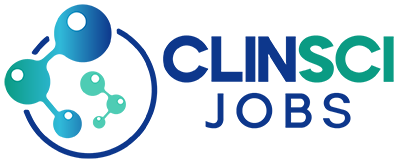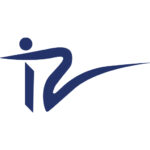Job Description
Job Summary:
- In the Product of a Research Digital program in the Boston area, we are seeking a detail-oriented and proactive Business Analyst to support our pharmaceutical Research division in the evaluation, selection, and implementation of critical research systems such as ELN, SDMS, and research databases.
- The ideal candidate will have a strong background in business analysis within a pharmaceutical Research environment and a deep understanding of scientific workflows and data management needs.
Duties and Responsibilities:
1. Requirements Gathering & Analysis:
- The Business Analyst will work closely with Research scientists, IT teams, and other stakeholders to gather and analyze business and technical requirements.
- This involves conducting interviews, workshops, and observations to understand scientific workflows and data needs.
- The analyst will translate these insights into clear, actionable User Requirement Specifications that guide system selection and implementation.
2. System Evaluation & Selection:
- The analyst will support the evaluation and selection of Research systems such as Electronic Lab Notebooks (ELN), Scientific Data Management Systems (SDMS), and research databases.
- This includes conducting market research, preparing and managing RFPs, assessing vendor capabilities (including internal suppliers), and performing fit-gap analyses to ensure selected solutions align with business and scientific requirements.
3. Implementation Support:
- During system implementation, the analyst will collaborate with project managers, system engineer and validation teams to ensure that business requirements are accurately translated into digital solutions.
- They will support the development and execution of test cases, facilitate user acceptance testing (UAT), and ensure that the final product meets user expectations and regulatory standards.
4. Stakeholder Engagement:
- The analyst will serve as a key liaison between scientific users, IT, and external vendors, ensuring clear and continuous communication throughout the project lifecycle.
- They will facilitate alignment across teams by organizing and leading stakeholder meetings, gathering feedback, and ensuring that all parties are informed and engaged.
5. Documentation & Training:
- The analyst will be responsible for producing comprehensive documentation, including user stories, process flows, standard operating procedures (SOPs), and training materials.
- They will also support training sessions and change management initiatives to ensure smooth adoption and effective use of new systems by end users.
Education:
- The ideal candidate will hold a Bachelor’s or Master’s degree in Life Sciences, Chemistry, Biology, or a related scientific discipline.
- A complementary background in Information Systems, Computer Science, or Business Analysis is highly desirable, reflecting the interdisciplinary nature of the role.
Experience:
- Candidates should have a minimum of five years of experience as a Business Analyst, with at least three years spent working within a pharmaceutical Research environment.
- Demonstrated experience in the selection and implementation of systems such as ELN, SDMS, IMS, or research databases is essential.
- Familiarity with FAIR data principles and related IT implementations in drug discovery is expected.
Skills:
- Strong analytical and problem-solving capabilities are required, along with excellent communication and stakeholder management skills.
- The candidate should be proficient in business analysis methodology, and comfortable working with cross-functional teams based in US and EU in a program involving multiple Business Analysts, Project Managers, System Architects, Data Engineers, etc.
- A solid understanding of scientific workflows and data management practices is critical to success in this role.
Languages:
- Fluency in English is required, both written and spoken, to ensure effective communication across global teams and with external partners.
Professional Attributes:
Scientific Mindset:
- Comfortable working in a scientific environment and understanding complex research workflows.
Detail-Oriented:
- Able to manage detailed requirements and ensure accuracy in documentation and implementation.
Collaborative:
- Strong interpersonal skills and a team-oriented approach to problem-solving.
Adaptable:
- Thrives in a dynamic, fast-paced environment with evolving priorities.

